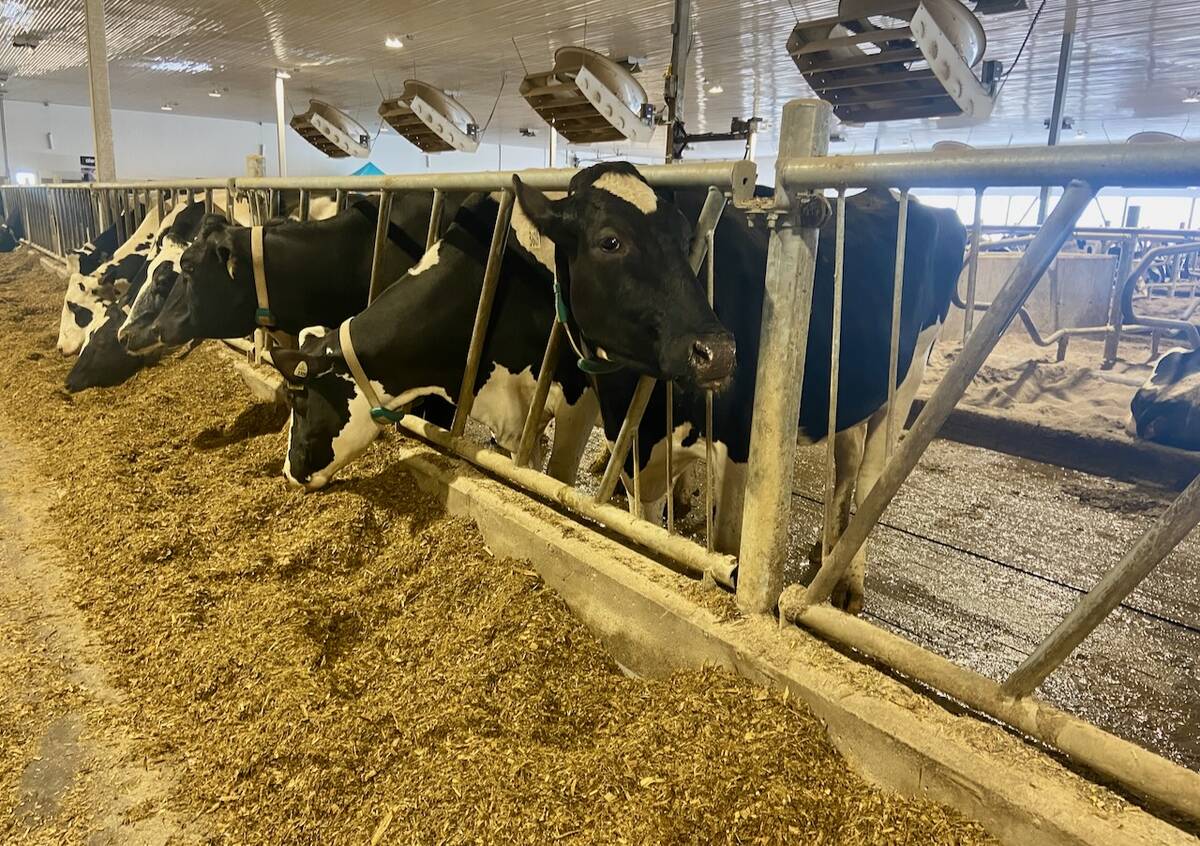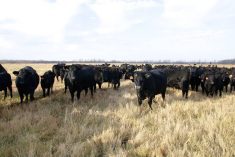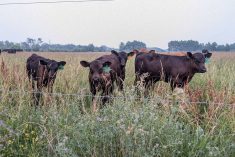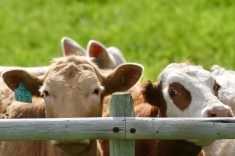A five-week courtship wooed a Taiwanese pork processor to southern Alberta.
The deal between the City of Lethbridge and Yuan Yi Agricultural and Livestock Enterprise Co. Ltd., announced last week, promises the kind of value-added processing the Alberta government has promoted for years.
“The three western provinces have been wining and dining the Taiwanese for about a year trying to get them to come to Canada and set up operations,” said Blaine Middleton, a director on the Alberta Pork Producers Development Corporation.
The deal was so quiet the pork producers corporation knew nothing about it until the announcement last week. Middleton said the deal should succeed because the processor plans to ship most of the pork overseas.
Read Also

U.S. farm group supports supply management
U.S. grassroots farm advocacy group pushing new agriculture legislation that would move towards supply management like Canada has for dairy industry
“That is good because 30 to 40 percent of our product has to find a home some place,” said Middleton.
Alberta killed about 2.7 million hogs last year and exported $31.5 million worth of fresh, chilled and frozen pork in 1996. The main buyer was the United States taking 36,568 tonnes. Japan was the next best client at 5,074 tonnes, followed by Taiwan and Hong Kong at 1,226 tonnes and 1,500 tonnes respectively.
Yuan Yi requires about 450,000 hogs a year for the plant scheduled to open next spring.
Middleton hopes the new plant can find enough pigs without driving other companies out of business.
Most Alberta hogs end up at Maple Leaf Foods’ Gainers Inc. in Edmonton and Fletcher’s in Red Deer. A bitter price war this spring cost Maple Leaf $1.6 million in premiums in January and February to capture market share on finished pigs. To hold its portion of the market Fletcher’s met the premiums offered by Maple Leaf.
“We don’t mind anyone entering the market as long as they are on a level playing field,” Middleton said.
“Any time we have extra people trying to buy hogs, the net benefactor is the producer. Whether somebody is going to go down the drain, I don’t know,” he said.
The company is not getting financial assistance from the Alberta government so it will operate like the other plants, said Ab Barrie of the province’s commercial financial services.
Taiwanese companies have been forced to find alternative hog supplies because of hoof-and-mouth disease in that country, he said. Taiwan had to remove 6.5 million pigs from the market. Prior to the disease problem, it exported 278,000 tonnes of pork to Japan.
“Yuan Yi alone exported almost as much as the whole Canadian industry did to Japan. They were somewhere between 25,000 and 27,000 tonnes. Canada exported about 27,000. That’s a fair volume of business,” said Barrie.
Industry officials speculate hog production will never return to what it once was in Taiwan. There are also environmental laws prohibiting more barns in Taiwan.
Hogs no problem
Yuan Yi has been assured by local officials it can gather a half million market hogs without difficulty.
“Within four hours you have 1.6 million pigs available,” said Barrie.
Lethbridge was selected because it already had a complete package detailing what it could offer a processor. Maple Leaf Foods is also looking for a site on the Prairies and has called for proposals from a number of municipalities.
Yuan Yi met with about 20 local producers, government officials and industry staff several weeks ago. The company is looking at the same weight range for market hogs but hasn’t listed any hog specifications so far.
Yuan Yi doesn’t have a name for its Alberta plant yet and hasn’t said whether it will expand to vegetable processing.
However, the company has a five-year option for an adjacent 14 acres of land in Lethbridge. The company indicated an interest in corn, potatoes, onions and carrots which are grown in abundance in southern Alberta.















